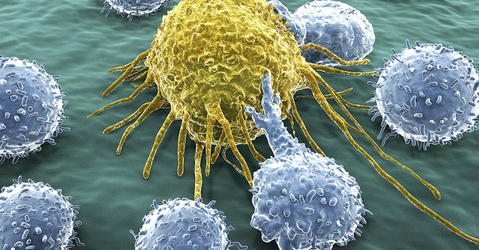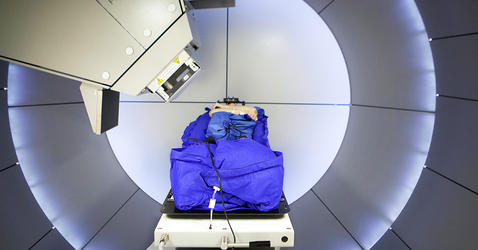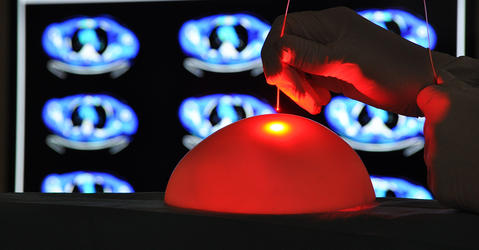You are here
Cancer
01.22.2020
Depression, cancer, cardiovascular disorders, diabetes… A collective study has confirmed the preventive and curative value of physical exercise in relation to chronic diseases – provided an...
01.16.2020
The treatment of certain cancers using dynamic phototherapy has revealed an unexpected side effect: patients can see better at night. Using molecular simulation, scientists have now succeeded in...
Article
03.28.2019
Introduced in the past ten years, immunotherapy is starting to revolutionise the treatment of cancer. Scientists no longer settle for making the immune system destroy a tumour, but indeed strive to...
Article
03.26.2019
Each of our cells contains our entire genetic code. However, some become skin or muscle cells, or even neurons! This is what epigenetics can achieve. We met with Edith Heard, a global specialist in...
Article
07.05.2018
Hadron therapy is especially indicated for tumors resistant to chemotherapy and radiotherapy, or inoperable due to their localization in vital organs. A new research center and treatment facility,...
Article
01.11.2018
By targeting cancer cells with a laser, photodynamic therapy—which is used in both dermatology and oncology—can provide new opportunities to treat certain tumors such as those that affect the...







